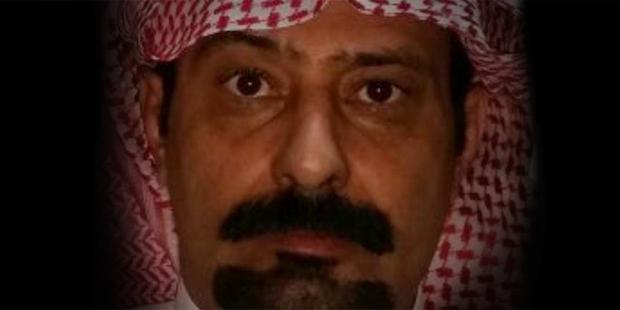Unfortunately Hajras bin Saleh bin Muhammad al-Qurey was executed in September. We know no more details, but no further action has been indicated by Amnesty International.
The current surge in executions in Saudi Arabia was continuing unabated with 22 execution in the last three weeks. However, the scheduled execution of Hajras bin Saleh bin Muhammad al-Qurey on the 25th August did not take place.

The Death Penalty in Saudi Arabia in 10 Shocking Facts
- More than 2,000 people were executed in Saudi Arabia between 1985 and 2013.
- At least 22 people were put to death between 4 and 22 August 2014 alone – more than one every day.
- The death penalty in Saudi Arabia is used in violation of international human rights law and standards. Trials in capital cases are often held in secret and defendants rarely have access to lawyers.
- People may be convicted solely on the basis of “confessions” obtained under torture, other ill-treatment or deception.
- Non-lethal crimes including “adultery”, armed robbery, “apostasy”, drug-related offences, rape, “witchcraft” and “sorcery” are punishable by death.
- Three people under 18 were executed in 2013, and so far in 2014 one has been sentenced to death, in blatant violation of the UN Convention on the Rights of the Child.
- In some cases, the relatives of those on death row are not notified of the executions in advance.
- Foreign nationals represent a disproportionate number of those executed, largely because of inadequate legal representation and translation support. Almost half of the 2,000 people executed between 1985 and 2013 were foreign nationals.
- People with mental disabilities are not spared the death sentence.
- Most executions are by beheading. Many take place in public. In some cases, decapitated bodies are left hanging in public squares as a “deterrent”.
“The use of the death penalty in Saudi Arabia is so far removed from any kind of legal parameters that it is almost hard to believe.”
Said Boumedouha, Deputy Director of Amnesty International’s Middle East and North Africa Programme.
Hajras al-Qurey, 53, was sentenced to death on 16 January 2013 in the south-eastern city of Najran on drug-trafficking charges. He was arrested, together with his son Muhammad, on 7 January 2012 at the al-Khadra border crossing with Yemen, when customs officers suspected they were carrying drugs in their car. Muhammad was sentenced to 20 years in prison and 1,000 lashes.
Both men claim they were tortured during their interrogation and were denied access to legal representation until their trial. Hajras al-Qurey’s lawyer complained that the only evidence used by the prosecution to sentence his client was the coerced ‘confessions’, but the court dismissed his complaint.
This is an Urgent Action from Amnesty International. Please write letters to the addresses within the Urgent Action document. We have created two sample letters – with addresses to help.
Details of the urgent action are here Hajras al-Qurey UA
Sample letter one Hajras al-Qurey justice minister
Sample letter two Hajras al-Qurey king